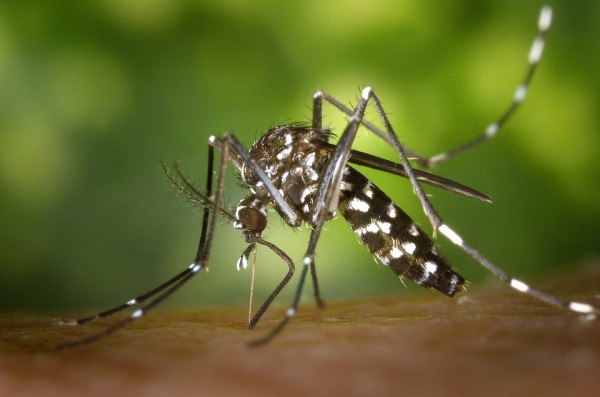By Ana Verayo, | November 20, 2016

The Zika virus is transmitted by the Aedes aegypti mosquito. (Pixabay)
Zika is no longer a global health emergency, the World Health Organization announced on Friday, November 18. However, this deadly virus that could lead to severe birth defects will require a new, "long term approach."
Like Us on Facebook
According to the Zika WHO emergency committee head, David Heymann, Zika is still a significant and enduring mosquito-borne virus threat. The organization also said that virus complications remain a significant public health issue that requires intensive action and support.
This declaration was carried out by Heymann along with a panel of medical experts during a conference in Geneva. WHO's emergency program director Peter Salama added that Zika is a seasonal disease and is expected to return.
Since Zika no longer has an emergency status, the WHO will now execute long-term approaches to combating the virus, which has already extended to Latin America, the Carribean and even some parts of the United States.
Locally transmitted Zika cases have been recorded in Miami. However, of the 4,000 recorded disease cases in the U.S., a majority of them are transmitted from travel.
The WHO revealed on social media that the virus is not going away. The organization called for nations to be prepared to detect and prevent this disease more effectively, including caring and supporting Zika victims.
There are now 30 countries that have reported birth defects due to this virus, where more than 2,100 cases of these nervous system malformations were reported in Brazil. The WHO declared Zika as a world public health emergency in February 2015.
This virus is spread via the Aedes aegypti mosquito when it stings humans. Those who are infected by it do not suffer from any significant symptoms apart from fever, rashes, and joint pains. However, the most devastating effect of the virus lies in microcephaly which is a birth defect that occurs during fetus development. This abnormally small head leads to an incomplete development of the brain.
-
Use of Coronavirus Pandemic Drones Raises Privacy Concerns: Drones Spread Fear, Local Officials Say

-
Coronavirus Hampers The Delivery Of Lockheed Martin F-35 Stealth Fighters For 2020

-
Instagram Speeds Up Plans to Add Account Memorialization Feature Due to COVID-19 Deaths

-
NASA: Perseverance Plans to Bring 'Mars Rock' to Earth in 2031

-
600 Dead And 3,000 In The Hospital as Iranians Believed Drinking High-Concentrations of Alcohol Can Cure The Coronavirus

-
600 Dead And 3,000 In The Hospital as Iranians Believed Drinking High-Concentrations of Alcohol Can Cure The Coronavirus

-
COVID-19: Doctors, Nurses Use Virtual Reality to Learn New Skills in Treating Coronavirus Patients







